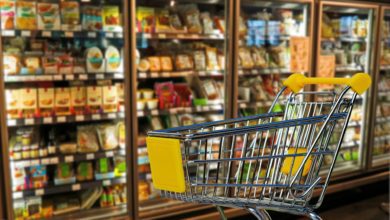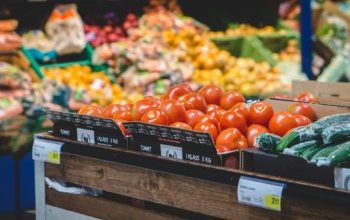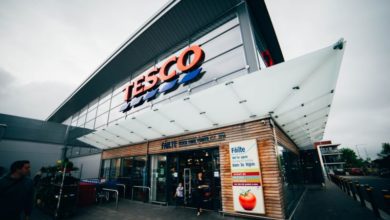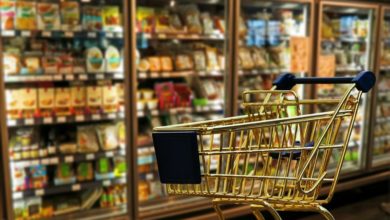Economy
Inflation hits new 40-year high at 10.1%
The biggest contribution to this figure was rising food prices, which rose by 2.3% between June and July 2022, the highest increase in 20 years
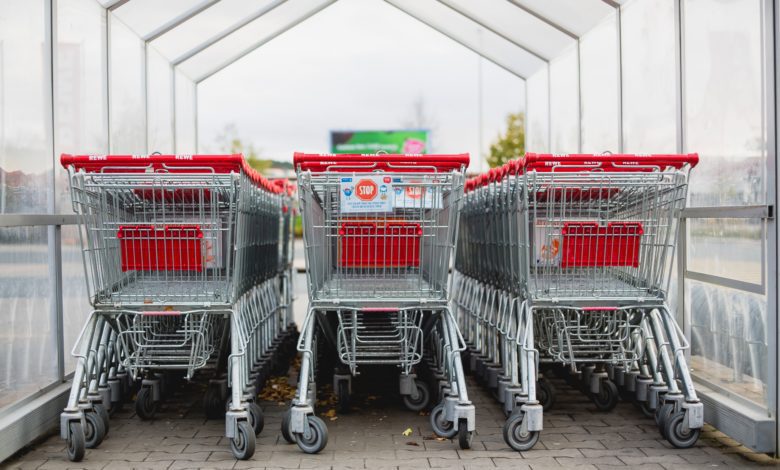
Inflation has once again broken records with a new 40-year high recorded last month, as the Consumer Price Index (CPI) hit 10.1% in the 12 months to July 2022, up from 9.4% in June.
You'll need to
subscribe to unlock this content. Already subscribed? Login?



